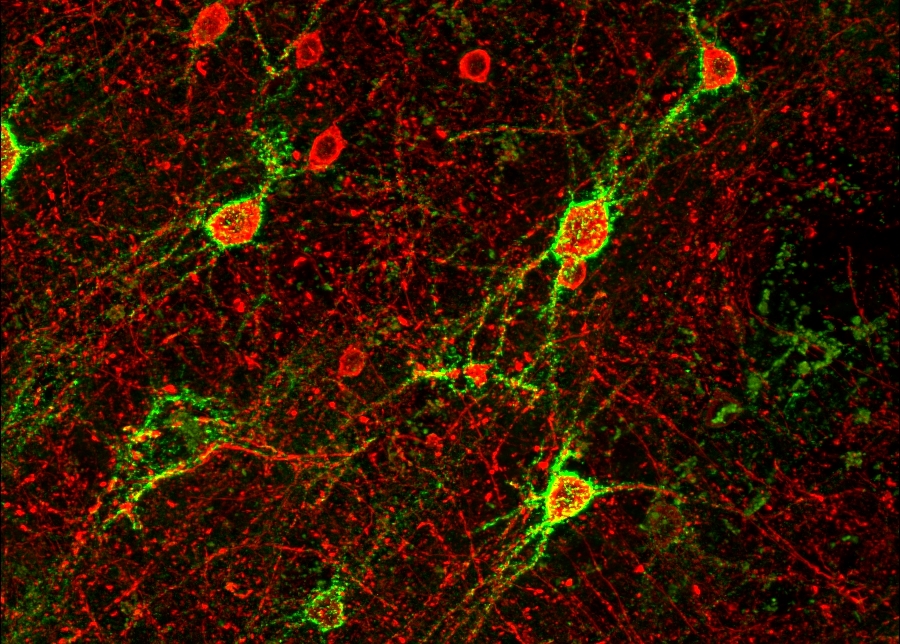
In addition, individualized training components help trainees establish fluency in both basic and clinical neuroscience concepts, without which the goal of effective translation cannot be achieved. For example, a series of clinical exposure activities are available to individuals with basic neuroscience training.
Fellows pursue independent research interests under the mentorship of one of our Department’s training faculty members. The training experience is supplemented by a weekly translational neuroscience research seminar and a translational models practicum.
Our highly successful Career and Research Development Seminar (CARDS) series is an important component of the training, as a substantial proportion of the seminar series focuses on developing grant-writing skills. Through this series, fellows learn how to develop and manage interdisciplinary collaborations, as well as set professional priorities. The responsible conduct of research is also covered in the training.
Program length
Two years.
Who should apply?
Individuals with MDs or PhDs who are interested in enhancing their skills in conducting translational neuroscience research, with the intent of transitioning to an independent academic research career.
How many spots are available?
Five postdoctoral stipends are available per year.
How do I apply?
Please contact the Program Administrator, Tracey Capotosto at capotostolt@upmc.edu or the Program Director:
